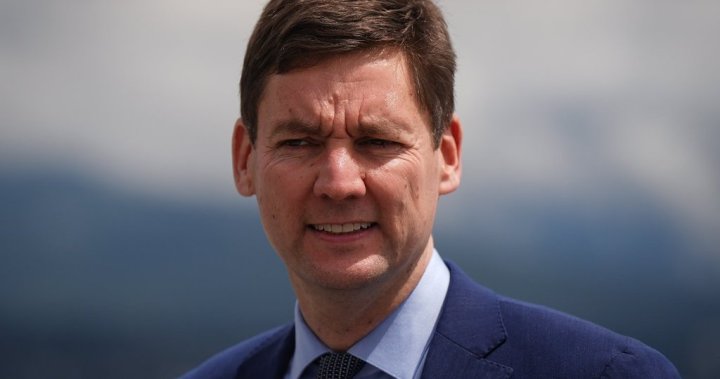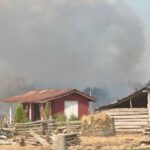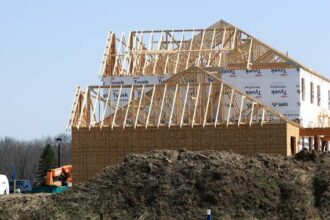As British Columbia swelters under summer heat, Premier David Eby isn’t heading for the beach—he’s charging full steam ahead on an ambitious agenda that could reshape the province’s approach to housing, public safety, and healthcare. In an exclusive interview at his Vancouver office, Eby revealed a summer strategy focused on tackling BC’s most pressing challenges while his political rivals take their seasonal pause.
“Summer is actually one of my favorite times to get work done,” Eby confided, a stack of briefing papers visible on his desk. “The legislature isn’t sitting, which means I can focus on implementation and connecting directly with British Columbians in their communities.”
Housing remains at the forefront of the Premier’s agenda, with his government’s controversial housing legislation beginning to show tangible results. The Housing Supply Act and other measures aimed at accelerating construction have already produced measurable increases in building permits across several municipalities.
“We’re seeing communities that had historically been resistant to new housing now moving forward with development,” Eby explained. “The housing crisis wasn’t created overnight, and solving it requires sustained focus and momentum—even through the summer months.”
Public safety initiatives also figure prominently in the Premier’s summer blueprint. Following concerning incidents in downtown cores and on public transit, Eby’s administration has deployed specialized teams combining law enforcement and healthcare professionals to address complex situations involving mental health and addiction.
“British Columbians deserve to feel safe in their communities,” Eby emphasized. “Our approach recognizes that public safety challenges often intersect with healthcare needs, requiring coordinated solutions that both protect the public and connect vulnerable individuals with appropriate support.”
Health care access improvements round out Eby’s summer priorities, with significant expansions planned for primary care networks throughout the province. The Premier acknowledged ongoing staffing challenges but pointed to recent successes in physician recruitment.
“We’ve managed to bring in over 400 new family doctors in the past year,” Eby noted. “That’s significant progress, but we need to maintain this momentum through summer and beyond to ensure every British Columbian can access timely care.”
Political analysts from CO24 Politics suggest Eby’s summer strategy serves dual purposes: demonstrating governmental effectiveness while subtly positioning for the provincial election anticipated next fall. With opposition parties relatively quiet during the summer recess, Eby’s active approach creates an opportunity to shape public perception uncontested.
“Premier Eby is clearly using this summer period strategically,” noted Dr. Samantha Chen, political science professor at Simon Fraser University. “By maintaining visibility and demonstrating tangible progress on key files while the legislature is dark, he’s effectively extending his government’s campaign runway.”
Not everyone applauds the Premier’s approach, however. Opposition critics argue the summer push amounts to political theater designed to distract from persistent affordability challenges facing British Columbians.
“The Premier can announce all the initiatives he wants,” said Conservative Party of BC leader John Rustad in a statement to CO24 News, “but families are still struggling with record housing costs and inflation that his government has failed to address effectively.”
For communities across BC, the practical impact of Eby’s summer agenda remains the crucial metric. Municipal leaders have expressed cautious optimism about provincial attention to local challenges, particularly in smaller communities often overlooked during legislative sessions.
As August unfolds, Eby plans an ambitious tour of northern and interior communities, focusing particularly on wildfire preparedness and rural healthcare access. With climate change intensifying seasonal threats, provincial leadership during these vulnerable summer months carries heightened significance.
“The work of government doesn’t stop when the legislature rises,” Eby concluded. “For many British Columbians facing housing insecurity, public safety concerns, or healthcare access challenges, summer doesn’t mean a vacation from their problems—and it doesn’t mean a vacation for us either.”
As British Columbia navigates these crucial summer months, a question emerges that will likely define Eby’s leadership legacy: Can this government’s ambitious implementation agenda deliver meaningful results quickly enough to convince voters that progress, however incremental, justifies continued confidence in their approach?






















